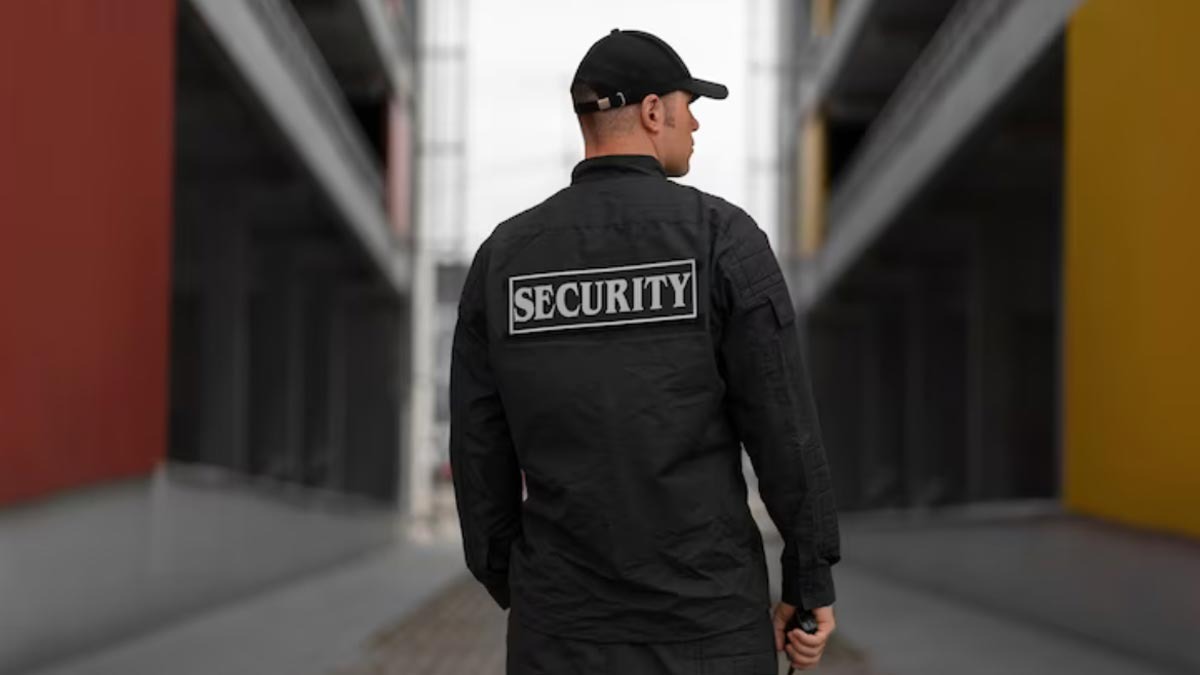In an increasingly complex and interconnected world, security concerns have become paramount for individuals, businesses, and communities alike. Threats ranging from theft and vandalism to terrorism and cybercrime necessitate robust security measures to safeguard lives, property, and assets. Amidst this landscape, security guard companies play a crucial role in providing protection, peace of mind, and a sense of security to society. In this comprehensive article, we explore the multifaceted role of security guard companies in modern society, examining their functions, responsibilities, challenges, and contributions to public safety.
The Evolution of Security Guard Companies
Security guard companies have a rich history dating back centuries, evolving in response to shifting societal needs and technological advancements. While the concept of security personnel can be traced to ancient civilizations employing guards to protect valuable assets, the modern security industry emerged during the Industrial Revolution with the rise of private security firms tasked with safeguarding factories, warehouses, and industrial complexes.
Over time, security guard companies have expanded their scope of services to encompass a wide range of sectors and environments, including residential communities, commercial properties, retail establishments, healthcare facilities, educational institutions, and public events. Today, these companies deploy trained security personnel equipped with state-of-the-art technology to address diverse security challenges and ensure the safety and security of their clients.
Functions and Responsibilities
The primary function of security guard companies is to deter, detect, and respond to security threats, thereby minimizing risks and protecting assets. Security guards are trained to perform a variety of tasks and duties tailored to the specific needs of their clients and the environments in which they operate. Some common responsibilities of security guard companies include:
1. Patrol and Surveillance: Security guards conduct regular patrols of designated areas to deter criminal activity, monitor for suspicious behavior, and identify potential security breaches. Surveillance techniques may involve the use of CCTV cameras, mobile patrols, and foot patrols to maintain a visible presence and deter unauthorized access.
2. Access Control: Security guards control access to restricted areas by verifying credentials, issuing visitor passes, and enforcing entry protocols. By implementing access control measures, security guard companies prevent unauthorized individuals from entering secure premises and protect against theft, vandalism, and other security threats.
3. Emergency Response: In the event of emergencies such as fires, medical incidents, or security breaches, security guards are trained to respond swiftly and effectively to mitigate risks and ensure the safety of occupants. They may coordinate with emergency services, evacuate premises, and provide first aid or assistance as needed.
4. Customer Service: Security guards often serve as the first point of contact for visitors, employees, and residents, providing assistance, directions, and information professionally and courteously. By delivering exceptional customer service, security guard companies enhance the overall experience of their clients and contribute to a positive reputation.
5. Risk Assessment and Planning: Security guard companies conduct comprehensive risk assessments to identify vulnerabilities and develop tailored security plans to address potential threats. These plans may include implementing security protocols, deploying personnel and resources, and utilizing technology to enhance surveillance and monitoring capabilities.
Challenges Facing Security Guard Companies
Despite their critical role in maintaining public safety, security guard companies face a myriad of challenges in fulfilling their duties effectively. Some common challenges include:
1. Resource Constraints: Security guard companies often operate within budgetary constraints, limiting their ability to invest in training, technology, and personnel. As a result, they may struggle to keep pace with evolving security threats and industry standards.
2. High Turnover Rates: The security industry experiences high turnover rates due to factors such as low wages, demanding work environments, and limited career advancement opportunities. Recruiting and retaining qualified security personnel can be a significant challenge for security guard companies, impacting service quality and reliability.
3. Training and Certification: Ensuring that security guards receive adequate training and certification is essential for maintaining professionalism and competence. However, the cost and time required to provide comprehensive training programs can pose logistical challenges for security guard companies, particularly smaller firms with limited resources.
4. Technological Advancements: While technology offers valuable tools for enhancing security operations, staying abreast of technological advancements and integrating new systems can be challenging for security guard companies. Moreover, the proliferation of DIY security solutions and automation technologies may disrupt traditional security models and business practices.
Contributions to Public Safety
Despite these challenges, security guard companies play a vital role in enhancing public safety and security across various sectors. Their contributions extend beyond crime prevention to encompass:
1. Crime Deterrence: The visible presence of security guards acts as a deterrent to criminal activity, reducing the likelihood of theft, vandalism, and other offenses. By maintaining a proactive security posture, security guard companies create safer environments for individuals, businesses, and communities.
2. Emergency Preparedness: Security guards are trained to respond effectively to emergencies, providing assistance and support during crises such as natural disasters, medical emergencies, and security breaches. Their presence can help mitigate risks, facilitate evacuations, and coordinate emergency response efforts to protect lives and property.
3. Community Engagement: Security guard companies foster positive relationships with clients, residents, and stakeholders through community engagement initiatives and outreach programs. By actively participating in local events, collaborating with law enforcement agencies, and promoting safety awareness, security guard companies contribute to the overall well-being of communities.
4. Public-Private Partnerships: Security guard companies often collaborate with law enforcement agencies, government entities, and community organizations to address complex security challenges and enhance public safety. Through strategic partnerships and information sharing, they contribute valuable insights and resources to collective efforts aimed at preventing crime and promoting security.
Future Trends and Innovations
Looking ahead, the security industry is poised to undergo significant transformations driven by technological innovations, changing demographics, and emerging security threats. Some key trends shaping the future of security guard companies include:
1. Integration of AI and Automation: Advances in artificial intelligence (AI) and automation technologies are revolutionizing security operations, enabling predictive analytics, facial recognition, and autonomous surveillance systems. Security guard companies are increasingly adopting AI-powered solutions to enhance threat detection, streamline operations, and improve response times.
2. Mobile Security Platforms: Mobile security platforms empower security guards to access real-time data, communicate seamlessly, and manage security incidents from anywhere via smartphones and tablets. These platforms facilitate information sharing, incident reporting, and collaboration among security personnel, enhancing efficiency and effectiveness.
3. Focus on Cybersecurity: With the proliferation of digital assets and interconnected systems, cybersecurity has become a top priority for security guard companies. They are investing in cybersecurity training, technologies, and protocols to protect against cyber threats such as data breaches, ransomware attacks, and network intrusions.
4. Specialized Security Services: As security threats become more complex and diversified, security guard companies are diversifying their service offerings to meet evolving client needs. This includes specialized security services such as executive protection, cyber threat intelligence, and risk consulting tailored to specific industries and sectors.
Conclusion
In conclusion, security guard companies play an indispensable role in modern society by providing essential security services, safeguarding assets, and enhancing public safety. Despite facing numerous challenges, these companies remain committed to their mission of protecting lives, property, and communities through proactive security measures and innovative solutions. As technology continues to evolve and security threats evolve, security guard companies will adapt and innovate to meet the changing needs of their clients and ensure a safer, more secure future for all.

